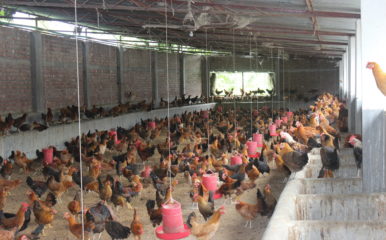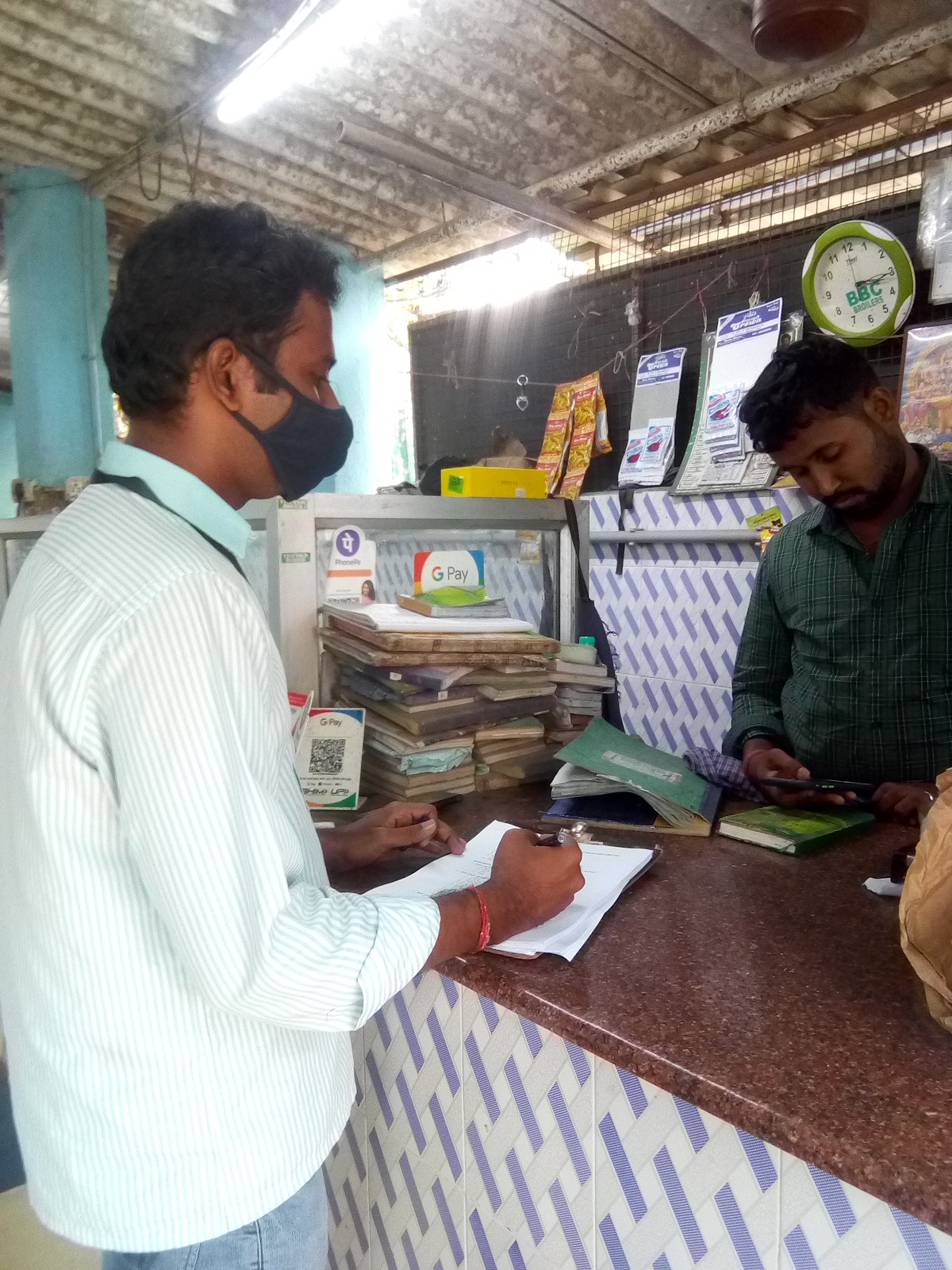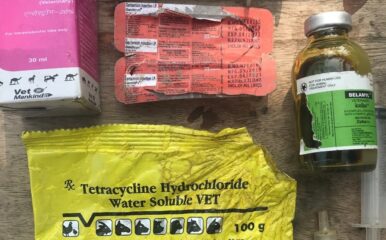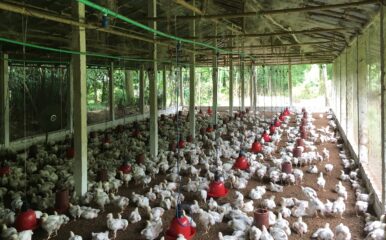
Can a training programme set a benchmark for good poultry retail practices?
Published on 06/12/2023

The role of meat and meat products in foodborne illnesses is well established and so the safety of meat and meat products recognised as a predominant concern. The cause of outbreaks of foodborne infections has often been traced to poor meat-handling practices, such as cross contamination or poor worker hygiene and management practices, and lack of knowledge about the importance of biosecurity. The Food and Agriculture Organization (FAO) and World Health Organization (WHO) are both involved with initiatives preventing the spread of diseases through contaminated food, including through improving hygienic production, processing and distribution.
In Chennai, Tamil Nadu, chicken meat is the second-most popular meat after fish. Hence, poultry-meat handlers play an important role in the prevention of microbial contamination and cross contamination. Educating meat handlers to prevent foodborne illness is an important objective for both industry and government as the role of meat handlers in zoonotic (animal-to-human spread) outbreaks – as well in the prevention of such outbreaks – is well known. A main cause lies in the lack of adequate food safety knowledge and training.
Knowledge gaps
There have been several studies about the knowledge and practices of food handlers around the world, but no study to date concerning the food safety knowledge and meat handling and hygiene practices among poultry-meat handlers in Tamil Nadu. It is here that social science researchers in the One Health Poultry Hub focused their attention, in particular on a knowledge gap in food safety, safe meat handling and hygiene practices in poultry retail outlets. Their objective was to investigate and educate poultry-meat handlers through conducting awareness and capacity building training programmes to prevent the zoonotic transmission of foodborne pathogens using a One Health approach.

The study involved direct observation of food safety knowledge and practices of poultry-meat handlers in Chennai city and a questionnaire survey, and it was conducted from November 2022 to July 2023. A zone list was collected from the Tamil Nadu government website and the survey conducted in organised chicken retail shops in each zone. A questionnaire contained 50 questions focused on socio-demographics, food safety, hygiene practices, poultry disease knowledge and shop observation by the researchers.
Before the questionnaire interview with poultry-meat handlers, the researchers introduced themselves to the respondent and explained the purpose of the questionnaire – assuring them that information, including that related to their food safety and hygiene practices, would be handled confidentially. During the survey the interviewer also ensured that the respondent understood the objectives and importance of the study.
Respondents came from 375 poultry retail shops from all 15 zones of Chennai city with 25 poultry retail shops selected randomly from each zone. Results revealed that the vast majority (93%) of poultry butchers had not attended any kind of biosecurity or food safety training programme. This is consistent with previous studies which show 70% to 85% of butchers do not undergo any training related to food safety and meat hygiene.
But, interestingly, 7% of the butchers had attended the Hub’s biosecurity, food safety training programme conducted by TANUVAS with the support of the Hub. According to them, the capacity building programme increased their knowledge of safe handling of poultry meat and enlightened them on best management practices in poultry retail shops. Researchers also observed that their working environments and slaughtering areas were clean when compared to other shops surveyed.
Training certificate
It also seems the certificate issued to poultry-meat handlers who completed the training programme by TANUVAS, carrying the Royal Veterinary College, London, name, has created a benchmark name, enabling poultry shop retailers and customers to be aware of poultry-meat-handlers’ knowledge in food safety and biosecurity. According to the poultry retailers who benefited from the capacity building programme, customers prefer these shops for catering/family functions as they believe they provide good, hygienic meat.
If veterinary institutions conducted capacity building programmes once every three months, they should reach all poultry shops in Chennai city. Such a regular training programme would enhance poultry-meat handlers’ knowledge of safe meat handling, meat hygiene, personal hygiene and biosecurity. They would gain a better understanding of safe meat and minimise the risk of zoonotic transmission through cross-contamination, supporting the delivery of safer meat products to consumers. And training which benefits poultry retailers indirectly strengthens the poultry industry.


